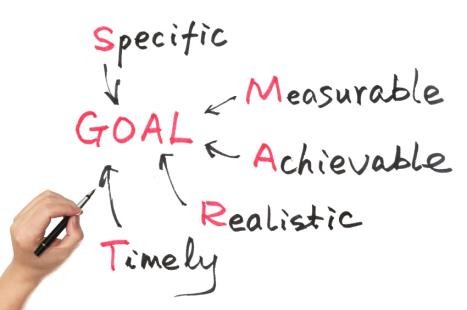Your Company s Most Valuable Asset Your Employees
Post on: 16 Март, 2015 No Comment

Your Companys Most Valuable Asset: Your Employees
For many years, the “book value” of a company has consisted almost entirely of tangible assets. More recently, a paradigm shift has occurred, causing “book value” and “market value” to diverge in course. They are no longer one and the same. “This disassociation of market and book value meant that companies were now able to generate excess earnings, that is, earnings higher than what would be expected for their tangible assets alone. Indeed, research has shown that the earnings on tangible assets are generally no greater than the product of a companys weighted average cost of capital and the book value of these assets. Investors and economists reasoned, therefore, that something other than tangible assets must be producing the excess earnings behind the disassociation of market and book values. In due course, the root cause was discovered to be intangibles, a whole other class of assets.”(1)
Intangible Assets
Of course, one of these intangible assets is the human capital of your organization; in other words, your employees! Perhaps if we required the listing of human capital on the balance sheet as an asset and not just a liability, we could begin to properly identify the value of human capital to the company itself. “Intangible capital” is exceptionally difficult to measure — but crucial to your business. What do we really mean by intangible capital? “Intangible capital or intangible assets are as valuable as financial and physical assets; you just can’t discern them by touch… they are without physical substance.”(2) So, we must find ways to define, measure, protect and develop them.
Value of Human Capital
Of course, human resource professionals have long understood the value of human capital and they have struggled to find a way to communicate this value. That is the very essence of human resource management today: to define the value of human capital, to find ways to accurately measure it, and to ensure the investment in and protection of this human capital. Anything less, and HR professionals have failed their organizations.
And yet this process is replete with problems and obstacles. Calculating the value of our employees is difficult because they are not like any other asset; they are simultaneously the greatest potential asset and the greatest potential liability that an organization has at any given time. They are the only intangible asset that can be influenced but never completely controlled.(2) A company can invest heavily in its human capital, or it can waste it without a care. Either way, the human capital still has its inherent value, but perhaps — tragically — with another organization if the employee resigns. In the book, The Wealth of Knowledge. Tom Stewart writes: “It is incontrovertibly true that present financial and management accounting does not give investors, directors, the public, or management the information they need to make informed decisions.”(3)
The unique nature of human capital requires vigilant and proficient consideration and management. Organizations should seek wisdom in their management of human capital; whether from within or from external third-party sources. In the future, we may well see new ways to identify and measure human capital. Companies that recognize the inherent and crucial value of their employees will be miles ahead of those companies that fail to recognize this imperative intangible asset. In addition, the development, fortification and nurture of employees will make all the difference in the market value and success of the company that handles human capital as its most valuable asset. No worthy CEO or CFO would misuse financial resources and assets. In the same way, human capital must be wholly and correctly leveraged. That means we must do all we can to cultivate our human capital.

Sources
1. Schmidt, J. (Spring 2002), How much is good will worth? American Management Association, MWORLD
2. Weatherly, L. (March 2003), Human Capital: The Elusive Asset, SHRM Magazine
3. Stewart, T. (2001), The Wealth of Knowledge: Intellectual Capital and the Twenty-First Century Organization. New York: Doubleday














